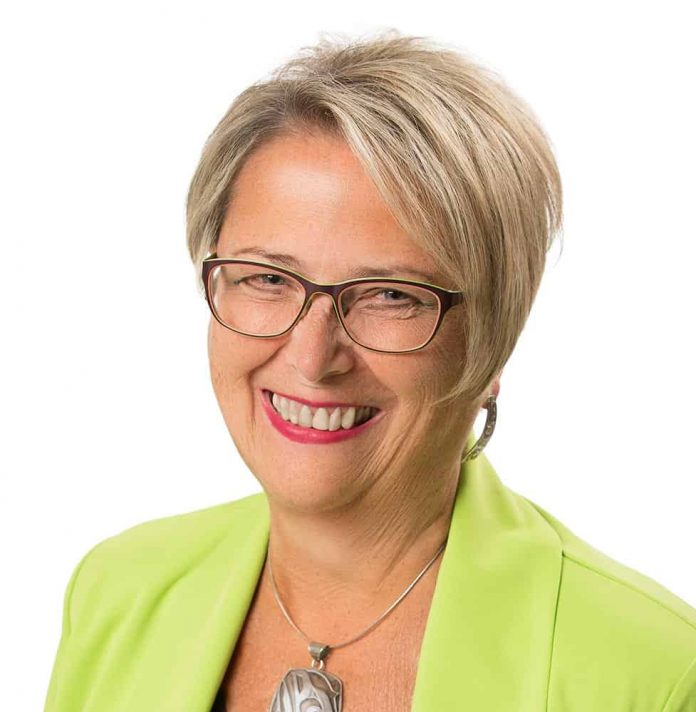“Now, we are facing a global pandemic on top of a fentanyl-poisoning crisis. People are scared and they feel alone.”
JUDY Darcy, Minister of Mental Health and Addictions, in a statement in recognition of the fourth anniversary of the declaration of the overdose crisis as a public health emergency in British Columbia, on Tuesday said:
“Four years ago, the overdose crisis was declared a public health emergency. Although we have made important progress and many lives have been saved, there is still an incredible amount of work to do. With the COVID-19 pandemic adding unprecedented challenges, the urgency to protect people who use drugs is greater than ever before.
“While the number of overdose deaths declined from 2018 to 2019, there are still countless families reeling from the unfathomable grief of losing a loved one. Now, we are facing a global pandemic on top of a fentanyl-poisoning crisis. People are scared and they feel alone.
“That’s why we are working as fast as possible, across government and with all partners, to ensure people living with addiction challenges are supported through both crises.
“No one should have to risk their life to get the medication they need. Whether you are visiting a clinic every day for your safe prescription medications, or are reliant on an unpredictable, illegal street-drug supply, following Provincial Health Officer Dr. Bonnie Henry’s orders on physical distancing and self-isolation can feel almost impossible.
“That’s why, together with the BC Centre on Substance Use, we recently announced new guidelines so that people can self-isolate to help keep communities safe from COVID-19 and to protect people from overdose, withdrawal or other harms. This guidance is the first of its kind in Canada and outlines how prescribers, patients and pharmacists can now work together to stay safe by delivering medication to patients, using virtual technology for consultations and witnessed injections, and giving patients longer carries of medications.
“We are providing emergency housing options so people experiencing homelessness and COVID-19 symptoms can self-isolate. We are expanding access to affordable counselling and virtual mental-health care programs. We are providing crisis supplements to people on income or disability assistance and low-income seniors, and have halted evictions during this emergency and introduced a temporary rent supplement.
“The opposite of addiction is connection. Most people who die from an overdose die alone – too consumed with shame and blame to reach out for help. As we face the unprecedented challenge of dealing with two public-health emergencies, connection is now more important than ever – but, out of necessity, it looks a little different.
“Some of the services that people who use drugs rely on for connection and community, like overdose prevention and supervised consumption sites, are changing the way they operate during the pandemic to protect both staff and clients. We are working with our federal, regional and local partners to ensure people who rely on these essential health-care services can find them – through mobile-outreach teams, virtual check-ins and by removing red tape, so service providers can quickly set up shop at new locations that meet physical distancing requirements.
“We are not slowing down. We will continue to take extraordinary measures to keep people safe from COVID-19 and the overdose crisis.
“Every single day, I am awed by the dedication, ingenuity and passion of the thousands of people on the front lines of the fentanyl-poisoning crisis in British Columbia. Every day, they continue to work hard to save lives, connect people with treatment and recovery, and build a system of care that understands the root causes of addiction: from unresolved pain and trauma, to health inequities and economic inequality.
“Working together, we will continue to challenge the status quo, empathizing with – not stigmatizing and ostracizing – people living with addiction. I encourage everyone in B.C. to do the same.
“In this unprecedented time of two public health emergencies, we must work together to both flatten the curve and stop overdose deaths. We cannot afford to stop caring about one health-care crisis as we stare down another.”















